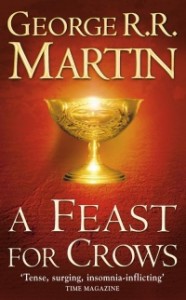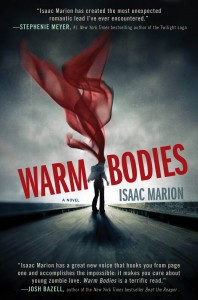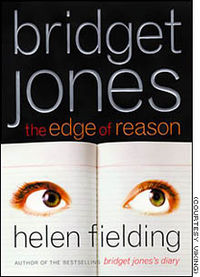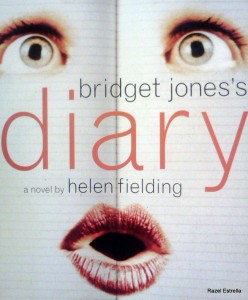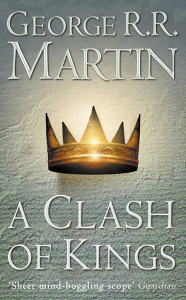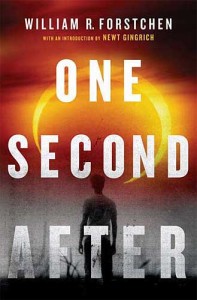Three Stars
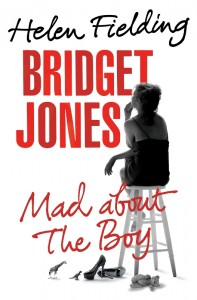
I was trying to figure out how to write this review without spoiling the book (beyond the whole Mark is dead thing, which is not a spoiler, but instead the whole premise of the book). Most of what bothered me about the book involves pretty specific plot lines, but I’m going to try to get through the review by speaking at a general level. However, if you want to read the book and don’t want to know ANYTHING about the plot, maybe just stop reading at the end of this paragraph. I’ll TL:DR it for you: pretty entertaining, retreads much of the same ground from the first two books, Bridget does seem like Bridget still (but older), worth downloading in e-version or checking out of the library for a quick read.
Alright, the longer, slightly spoiler-y stuff. So Bridget is 51 in the book. For those of you who were introduced to her via the movie, that sounds too old, but I think the time line is based on the original books, but even so it’s not that far off as the first move came out TWELVE YEARS AGO.
Fuuuuuuuuuuuuuuuuuuuuuuuuuuuuuuuuuuuuuck
Overview:
As stated above, we’re visiting Bridget over a decade down the road, and four years after Mark has died, leaving her a widow with a young son and a three-month-old daughter. I noticed this comment when Pajiba originally reported the news, from Sara_Tonin00 “There’s a decent romcom to be made about a young widow trying to figure out how to date again – but I don’t think it’s about Bridget Jones.” To that person I would say this works better than I thought it would, but that’s not to say that it’s groundbreaking or earth shattering. It’s a pleasant book, and to me it strikes true to the Bridget we’ve gotten to know in the first couple of books: still self-centered but not much more so than most folks seem to be these days.
The high points:
She doesn’t utterly forget about her children; they aren’t like Emma in “Friends,” they serve more than just a plot twist every few chapters. In fact I actually came to care for them. They aren’t angels but they aren’t devils; I don’t have children of my own but my experience with my nieces seems to fit. And while the children certainly feature in the book, Bridget still has experiences that aren’t entirely about them.
I also think that Ms. Fielding does a good job (as far as I can say, not having experienced the death of a spouse) of capturing how, as time passes, sure the grief isn’t top of mind all the time, but it’s there, and can pop up as easily at a mundane event as during the holidays. I think it made sense to set the book well after the death so it’s not so much about getting through every day but instead about getting through life and what Bridget wants it to include since it can no longer include Mark.
Most of the same folks figure in this book, so it’s fun to see how the past few years have been treating them. I especially enjoyed catching up with Daniel, who surprisingly does make an appearance. The writing was also pretty good – I started on Monday night (the benefit of being on the west coast – it came through on my Kindle just after 9PM) and finished up Thursday at lunch, and it only took that long because I had a bunch of stuff to do on Tuesday and Wednesday evening. I am traveling this week and wish I had saved it because I know it would have made the flight go faster.
The low points:
Yes, the book now incorporates Twitter and OK Cupid (woo, up to the minute technology!) but so much of it seems like a retread of the previous books. Obviously there are only so many different ways to talk about searching for love but, without spoiling anything, a lot of the book seems VERY familiar, and I was able to (accurately) imagine the last page of the book a few chapters in.
There’s also a storyline about her being fat, and I get that Ms. Fielding was looking for a total transformation / look what’s happened but COME ON. That’s a pretty lazy writing device, and also offensive to anyone who is, well, fat, because fat is a substitute here for letting everything go. Fat isn’t bad, isn’t even necessarily unhealthy, and the fact that once she decides to lose it the method she picks just .. works? Not realistic. It’s obnoxious and I would hope Ms. Fielding was better than that.
Also the Twitter component seems a little OOH! Look at the older folks and the hip new technology! It eventually serves a purpose but I did start giggling because it seemed like the start of a bad SNL sketch more than a plot component.
Suggestions:
If you enjoyed the first two books (or the first move – let’s all just pretend that second movie never happened, shall we?), I think you’ll be able to get past the whole no more Mark component and enjoy checking in with Bridget. It’s not a feminist tome, and I doubt that any women who have lost their husbands will be looking to it as a guide, but it’s a fun quick read.
